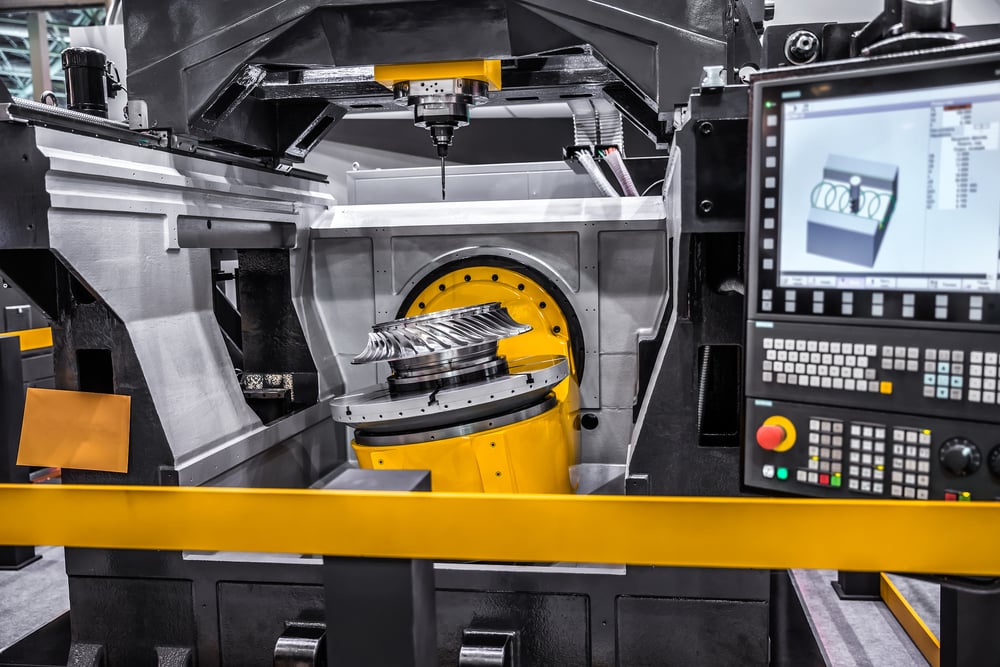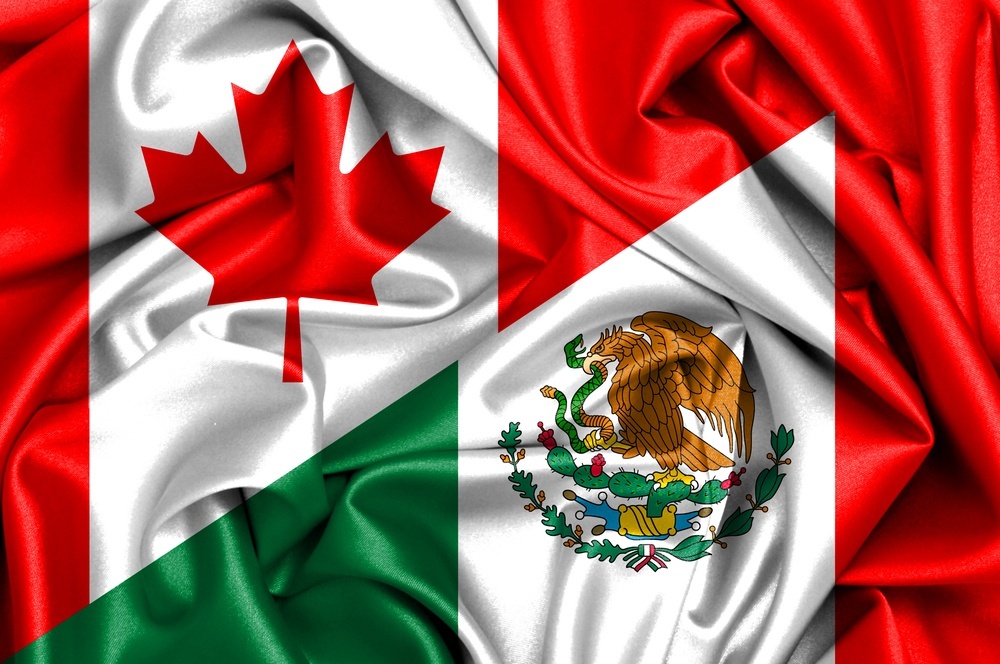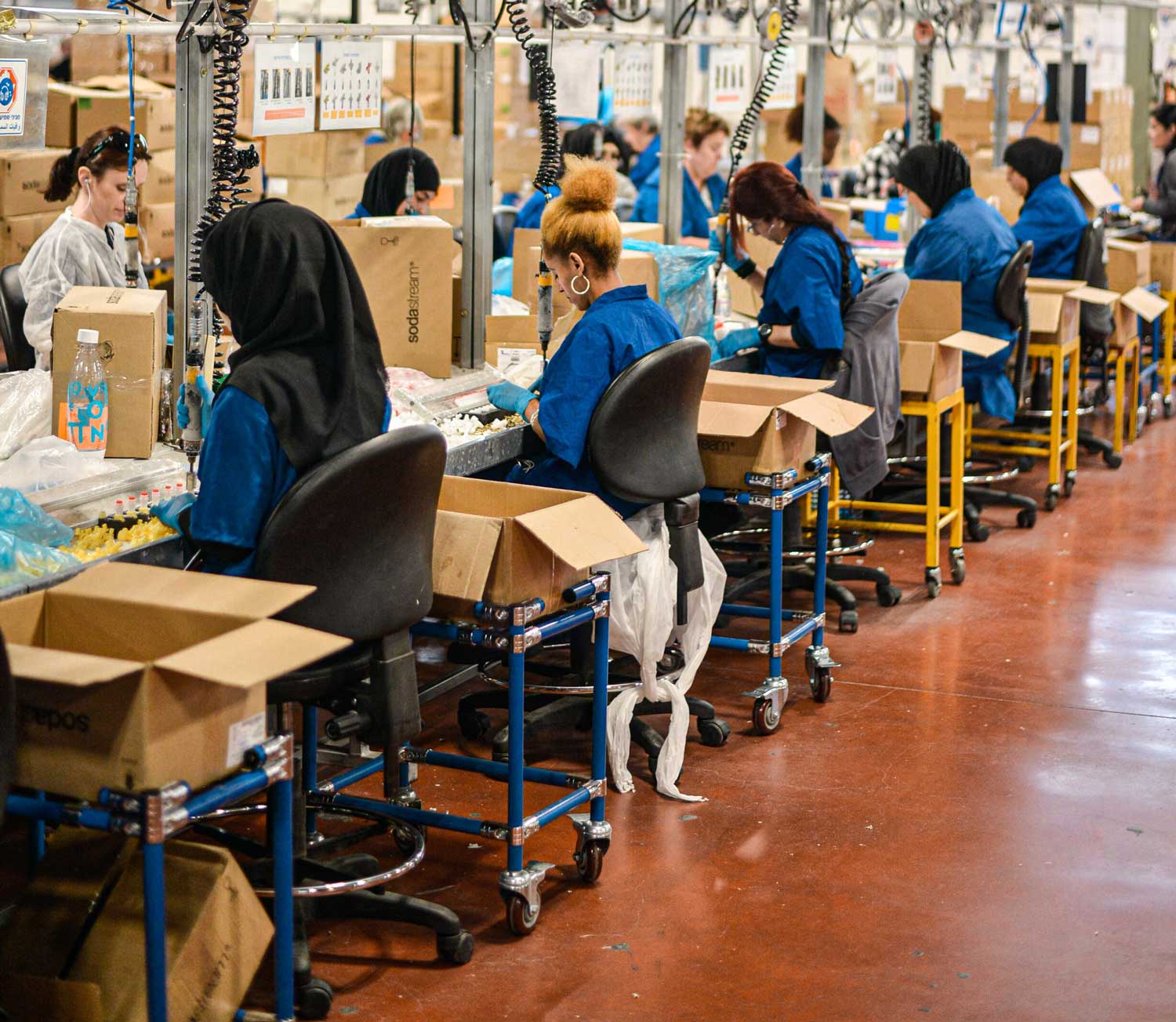In addition to being useful to verify whether or not tequila can come from Nayarit or Talavera from Yucatan, or if there's really a difference between a two-star and a three star hotel, manufacturers in Mexico can use the country’s Diario Oficial, or “Official Gazette,” as a source to keep abreast with legislation and official government actions taken on issues that affect industry.
For instance, during the last quarter of 2011, on October 25th to be precise, a decree was issued to extend IMMEX tax incentives and benefits for companies conducting export manufacturing operations in Mexico through the 2012 and 2012 tax years. These items were previously provided for under decrees that appeared in the Diario Oficial in 2007, and, subsequent to that, in 2010. The decree that appeared in the Diario Oficial in 2011 extended a single rate business tax.
The Diario is published by the Secretaría de Gobernación, Mexico's "Interior Ministry.” It includes items that must be published from all branches of government. In some cases, the Diario publishes technical standards that affect manufacturers in Mexico -- such as what constitutes a hybrid automobile. It also publishes presidential edicts, amendments to existing laws and supreme court decisions. Additionally Mexico's Official Gazette publishes "avisos," or advisories, such as holidays, or policy clarifications from federal departments.
The Mexican Diario Oficial, whose counterparts in the US and Canada are Federal Register and Canada Gazette, is the oldest official gazette on the continent.
For those manufacturers in Mexico, Normas Oficiales Mexicanas (Official Mexican Standards or NOMs) are published in the Diario Oficial. They come in many types, some of which are relevant to companies involved in productive activities. For instance, what kind of eye- and ear-protection to wear in factories is covered by safety standards NOMs. Handicap access to facilities, and employee lunchrooms must also adhere certain Official Mexican Standards, or NOMs. Labeling NOMs include NOM-004-SCFI-1994, which covers textiles; NOM-050-SCFI-1994, which covers consumer products; NOM-137-SSAI-1995 covers medical devices; and NMX-F-026-1997-SCFI covers labeling of milk.
Additionally, NOMs cover three kinds of medical devices. A Class I device, for example, is one that has been shown in medical to have proven safety and effectiveness and is generally not introduced into the human body; A Class 2 device is known in medical practice, though there might be variations in composition, and is generally introduced into the human body for less than 30 days; and a Class 3 device is new or recently accepted in medical practice and is introduced into the human body permanently or for longer than 30 days.
Mexican states also have their equivalents of the federal Diario Official.
Manufacturers in Mexico that are operating facilities under the auspices of a shelter service provider, however, typically do not have to spend significant monetary and time resources to hire the legal help to track the items that appear in the Diario Oficial that may affect them. Along with providing the physical and the human resource infrastructure that allows companies to focus entirely on their value-added and strategic mission of production, competent shelter companies in Mexico also provide the legal infrastructure and expertise required to comply with Mexican rules, regulations and laws that are pertinent to their manufacturing company clients.
Subscribe
Sign up and stay informed with tips, updates, and best practices for manufacturing in Mexico.





